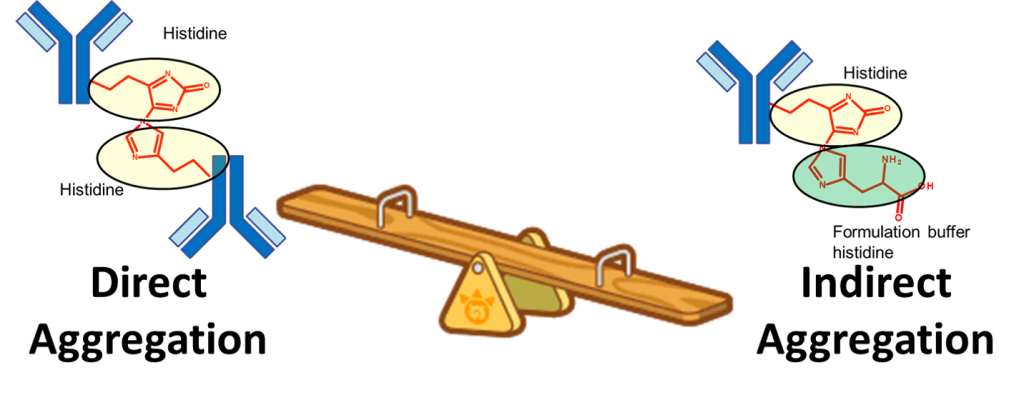Tag: antibodies
Autoimmune encephalitis and psychiatric disorders

Despite the latest advances in medical research, the causes of psychiatric conditions such as schizophrenia (a long-term illness that affects the person’s perception of reality) remain a puzzle for researchers and doctors around the world. Unlocking the mechanisms behind these diseases is paramount for effectively treating or even preventing them. Through her study of an uncommon case of autoimmune encephalitis, […]
Read More… from Autoimmune encephalitis and psychiatric disorders
Conjugation chemistry creates affordable childhood vaccines

The immune system provides a formidable defence against pathogens. However, many bacteria possess a protective sugar polymer coat. In children, the immune system does not respond to these polymers unless they are chemically linked to a carrier. This is the basis of conjugate vaccines, a powerful but expensive means to fight diseases like pneumonia, the leading cause of death in […]
Read More… from Conjugation chemistry creates affordable childhood vaccines
Making strides in veterinary pathology: A dedicated career

Mast cell tumours and pancreatic diseases are common in dogs but also present to a lesser degree in other veterinary species, including cats and horses. For these and many other diseases of veterinary species, diagnostic methods and criteria were not well characterised and made determination of prognosis difficult. Changing this, with decades of research into the pathology of veterinary diseases, […]
Read More… from Making strides in veterinary pathology: A dedicated career
Increasing the efficacy of monoclonal antibodies

The advent of monoclonal antibody (mAb) technology has allowed the production of antibodies that can target specific antigens on malignant tumour cells or other inflammatory molecules that are known to exacerbate diseases such as rheumatoid arthritis or Crohn’s disease. Dr Martina Zimmermann, Dr Aline Zimmer, and their team from Merck KGaA, Darmstadt, Germany, added 5-Thio-L-Fucose (ThioFuc) to the cell culture […]
Read More… from Increasing the efficacy of monoclonal antibodies
Could a serpin antibody help to treat type 1 diabetes?

Research from Dr Jan Czyzyk and his team at the University of Minnesota, USA, explores the balance between proteases and serpins, and how their activity can in turn affect the inflammation and tissue regeneration of pancreatic islet cells. Their findings show that antibodies can be used to change this serpin–protease balance, with interesting impacts. Excitingly, their research opens the possibility […]
Read More… from Could a serpin antibody help to treat type 1 diabetes?
Controlling aggregation in monoclonal antibody therapeutics

Monoclonal antibodies (mAbs) have become the most important form of protein therapeutic and represent five of the top ten selling drugs by revenue worldwide. mAbs bind monospecifically to certain cells or proteins. The objective is that this treatment will stimulate the patient’s immune system to attack those cells. Despite the many advantages of antibodies as therapeutics, their development is complicated […]
Read More… from Controlling aggregation in monoclonal antibody therapeutics